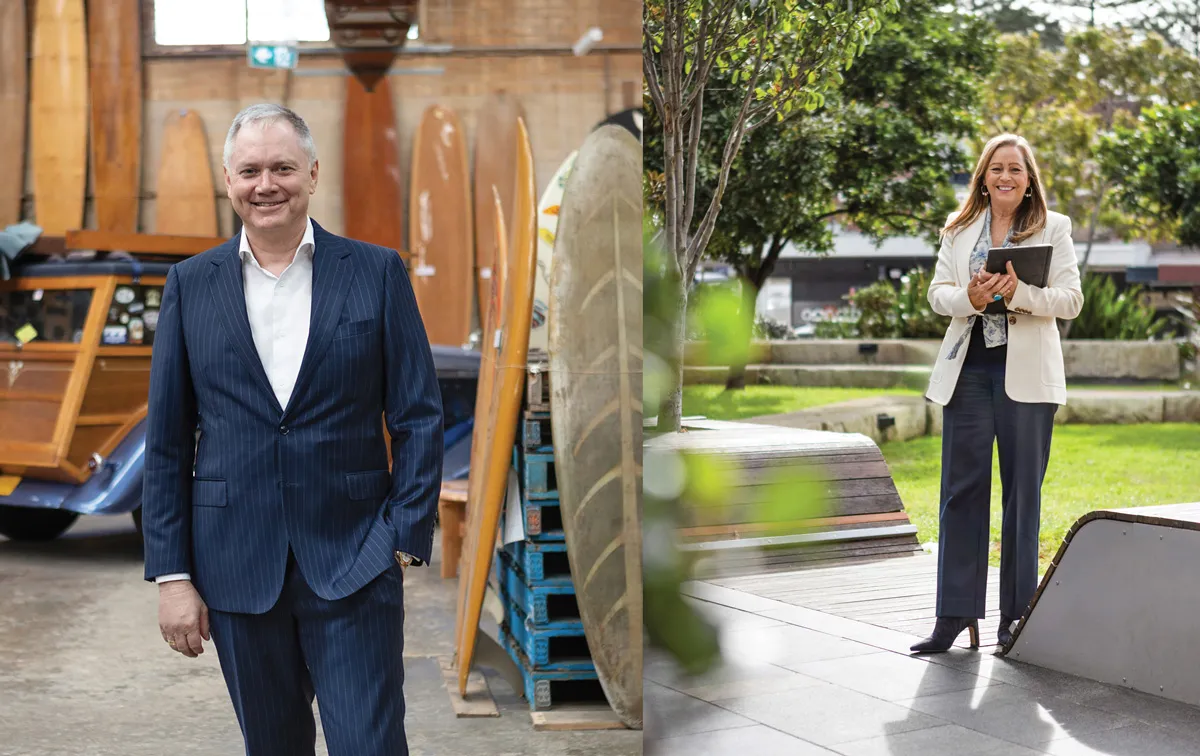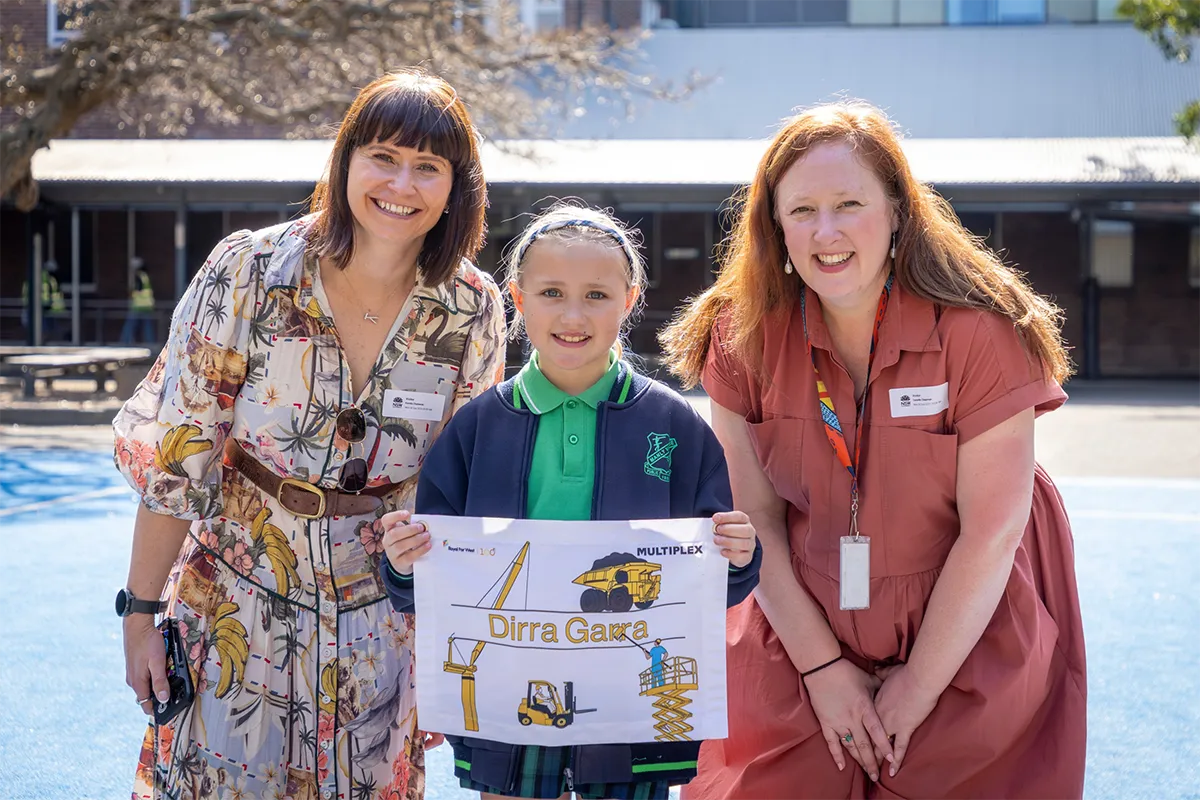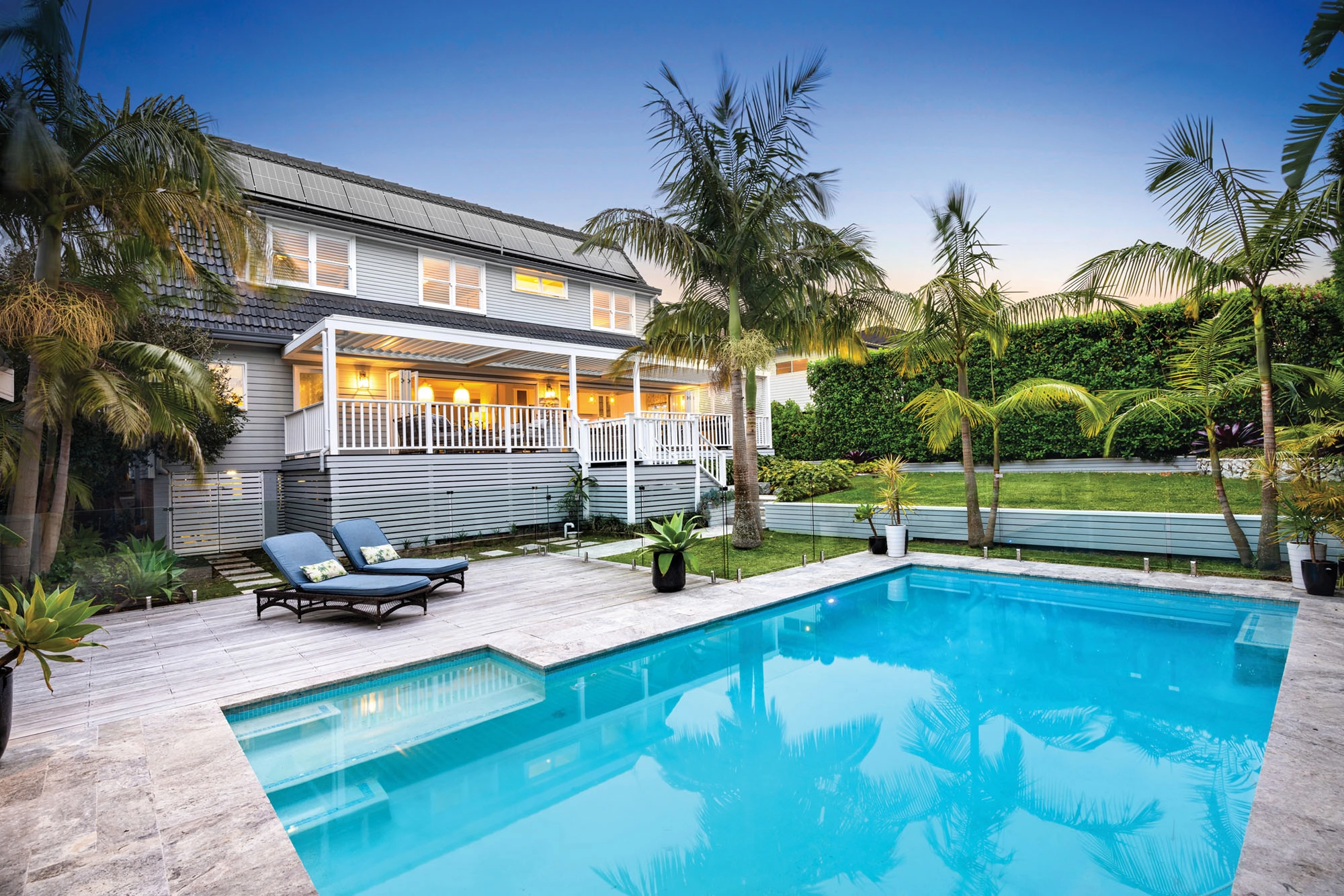
In our hyper-connected world, boredom feels like a relic of the past. But could stepping away from screens spark creativity and deeper thinking? Queenwood School Principal, Mrs Marise McConaghy, explores the power of stillness, urging us to embrace “zoning out” as a pathway to fresh ideas, problem-solving and a richer life.
“I’m dying of boredom,” complains Yelena in Chekhov’s 1897 play Uncle Vanya. “I don’t know what to do.” Our days are packed with “must dos,” and perhaps our nights as well. Dr Libby Weaver, an Australian nutritional biochemist, describes “Rushing Women Syndrome” where many feel simultaneously “tired” and “wired” due to their urgent approach to life (Weaver, 2012). This applies not only to girls and women, but to everyone.
If Chekhov’s Yelena were around today, she’d likely whip out her smartphone to check her inbox, social media updates, YouTube bits and pieces or a Netflix series in “deathscrolling,” to use the urban slang. This is what many of us do when we have an empty moment. Modern technology has nearly eradicated boredom, creating a tech-saturated, hyper-connected world that we both love and loathe. Many of us can’t imagine being without our mobile phones and feel a rising sense of panic if it is misplaced. Life has changed quickly, hasn’t it? Our grandparents didn’t live like this.
We should all take time to set aside our devices to which we are so closely tethered and immerse ourselves in the richness of nonvirtual relationships and the beauty of the environment. While we’ve become experts at avoiding boredom, it’s worth considering: what if boredom propels deeper thought, problem-solving, and creativity? What if our addiction to stimulus robs us of moments of epiphany and deep understanding?
Two studies from the University of Central Lancashire had 40 people do something boring (copying numbers from a phone book) before taking creative thinking tests. They came up with different uses for sets of cups, and their ideas were more creative compared to those who didn’t do the boring task. They found that people who copied the phone numbers ended up having more ideas and being more creative about what they could do with the cups (Mann & Cadman, 2014).
We need to consciously allow ourselves to experience boredom. Many people have their best ideas when showering, pulling weeds, walking, chopping vegetables, dozing, and looking into dappled sunlight through a straw hat on a beach. These insights often come because they require disengagement from conscious thought. When we’re too engaged in conscious thought—scrolling through newsfeeds, doing busy work—our creativity is stifled, and potential epiphanies elude us.
So, let us all allow ourselves to take time to ‘zone out’ and ‘die a little with boredom’. You get ideas from daydreaming. You get ideas from being bored. You get ideas in spaces of unscheduled time. Let us allow ourselves the space so that “The great Tao does (not) fade away” (4th Century BC, Tao Te Ching’s 18th Chapter) and we can fully savour the richness of life.
“We should all take time to set aside our devices to which we are so closely tethered and immerse ourselves in the richness of nonvirtual relationships and the beauty of the environment.”
— Mrs Marise McConaghy

.webp)




